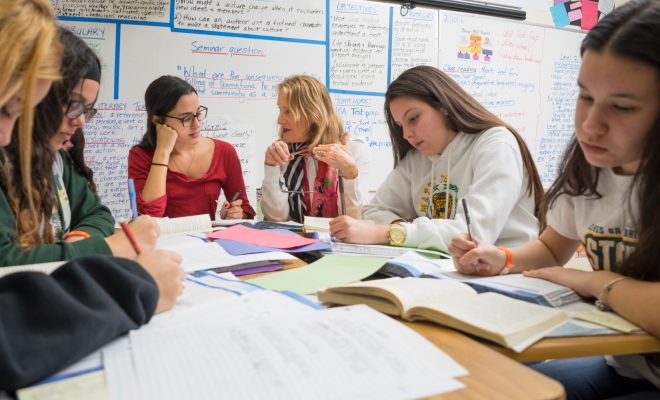Using Picture Walks to Motivate Students to Read

Picture walks are an activity that is completed before reading occurs. The reader views the pictures of the story and predicts what they think is occurring. This activates prior knowledge and gives reading a direction.
Book or picture walks are shared reading activities with the educator before reading new or unfamiliar text and involve the educator “walking” through the text with learners. During this time, text and graphic features are identified and discussed. Picture walks involve pointing out photographs or illustrations in a story to preview or introduce it prior to reading. Book walks involve studying the front and back covers, table of contents, a sample of pages, headings or bolded info, and illustrations in a text.
Book or picture walks spark learners’ interest and give learners a chance to begin thinking about or anticipate the story while making connections. Picture walks can help a learner connect the visual images in the story to their experiences and activate prior knowledge. This sets the purpose for reading, and learners can make predictions about what might happen in the story.
As learners make predictions, make connections, and set purpose, comprehension of the story is increased. Students focus on the illustrations on the covers and throughout the story during a picture walk. Learners explain what they see in the pictures and often answer who, what, where, when, and why questions related to the images. Learners then predict what they think the story will be about. Learners might also read a sample of pages before making predictions.
Visual Representations
In this video to the right, an educator does a book walk with learners before reading a book about birds. For this book walk, the educator focuses on headings, table of contents, the glossary, and captions. At each of the focus points, they stop and ask learners questions or describe each part. A book walk also helps learners understand the structure of a book. In this video, learners are engaged throughout the entire process because the educator is asking questions. The questions are a type of formative assessment.
Content Area Examples
History- To adapt a picture walk to a history lesson, the educator can concentrate on dates that are bolded or that stick out. Dates are essential in history, so learners who pay attention to them might be likely to remember that important date. Focusing on dates might also let the learner predict what happens on those specific dates.
Art- Book walks can be adapted to other subjects. When the educator starts a new unit, they might have a few books to introduce what the learners will be working on for the week. The educator might do a book walk, talk about the title, and discuss a new skill. The educator might also go through the book and show the learners some pictures. This will let the learners have some background knowledge of what they will be creating in art class. After the educator goes through the book walk, they might have the learners read the book to know what they will be creating.
Math- To adapt a picture walk for a math lesson, the educator can have the learners skim through a math unit and focus on vocabulary words that are bolded or concentrate on anything that may stand out. The educator can then have the learners come together as a class and discuss the new vocabulary words and images. This would be a helpful strategy for each learner to clarify any unknown words or confusion.
Reading- A picture walk is an excellent strategy to use for a reading lesson. At the beginning of the unit, the educator might want to introduce a new book by first doing a picture walk. This allows the learners to talk about the book and make inferences about the story. Learners can make inferences by looking at the pictures or any words that may stand out.






